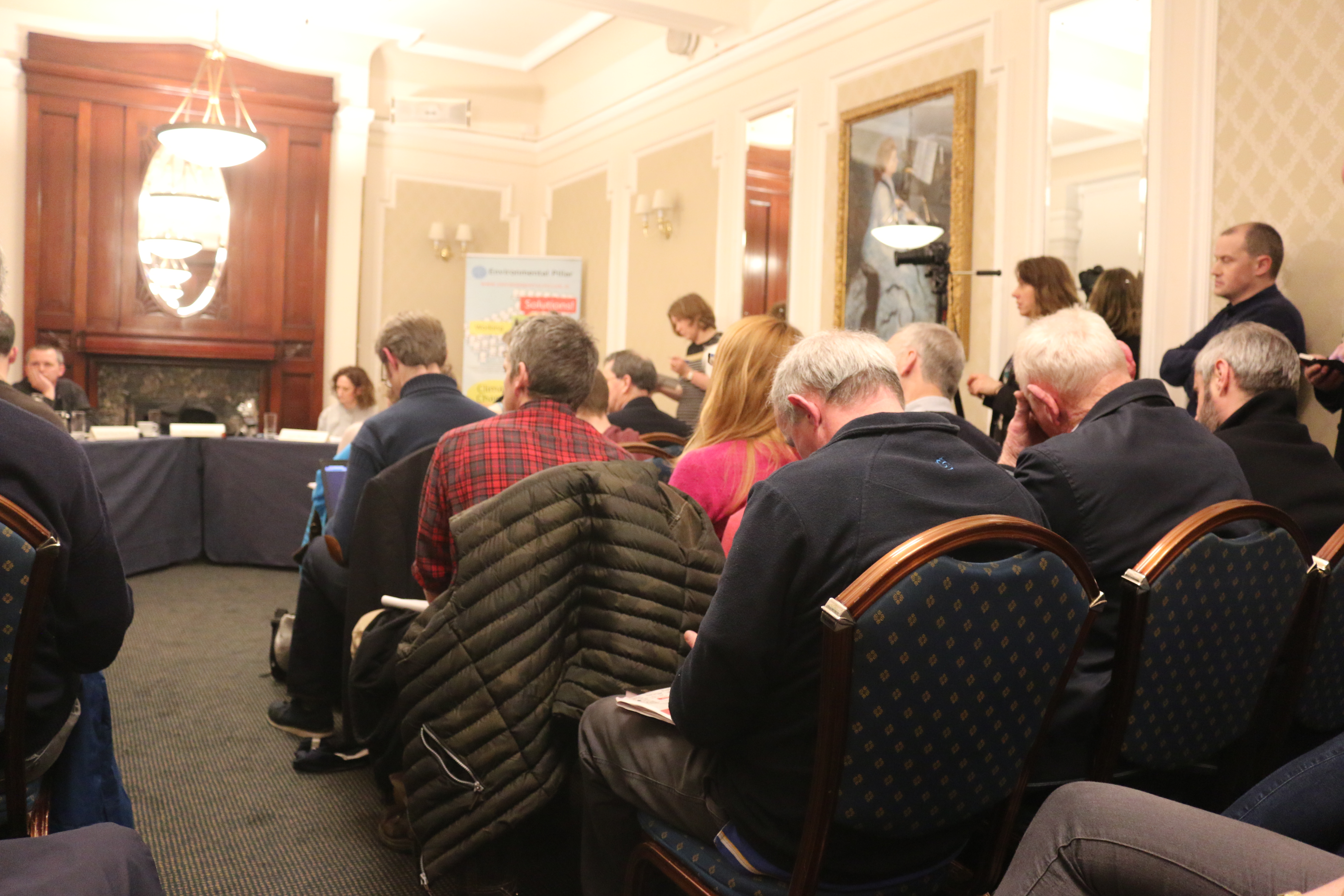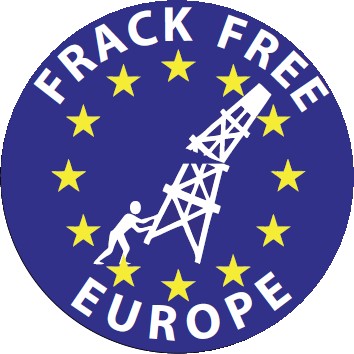Fears raised over cross border impact of proposed fracking in the North

July 12th, 2019
An Irish environmental group has raised concerns with the Government over possible cross border impacts from proposed fracking operations in the North.
Friends of the Irish Environment contacted the Department of Planning last week on the closing day of a public consultation in the North for an application by Tamboran Resources for a licence to evaluate the natural gas in the shale and sandstone rocks.
The proposed exploration area in the south-west of Co Fermanagh and extends to the border along Leitrim and Cavan. The Australian company was originally awarded a licence to probe for gas in Belcoo in 2011, prompting condemnation from the public and some local politicians.
Fracking or hydraulic fracturing is a process for extracting natural gas by drilling into rocks and injecting pressurised water, sand and various chemicals to force out the gas. The gas, formed through the decomposition of dead organisms in the rocks, can then be captured and used as a source of energy.
The letter from FIE states that any possible future fracking operation in the North is “likely to have significant adverse environmental consequences south of the border”.
Possible issues, the letter states, include impacts on shared water bodies, EU-protected habitat areas, air, and human health, as well as “impacts on the fight against global warming” but locking in fossil fuel projects that form part of the island-wide Single Electricity Market.
A five-year study published by the Environmental Protection Agency in 2017 found that fracking has the potential to damage both the environment and human health. Later that year, the Republic of Ireland became part of a small cluster of countries to impose a ban on the controversial practice.
The FIE letter points out that the Department for the Economy (DfE) in the North is running the consultation in breach of the UN Espoo Convention by failing to consult the Irish people about the project.
The Espoo Convention sets out the obligations of Parties to notify and consult each other on all major projects under consideration that are likely to have a significant environmental impact across boundaries.
While advertisements were placed in newspapers in the North, FIE’s letter states that no Department, organisation or newspaper in the Republic was informed, and, as such, the DfE has failed to ensure citizens in the South had an equal right to be fully consulted.

The Director of FIE Tony Lowes said that the proposed project is of concern as “borders do not stop seismic impacts, methane leakages, or groundwater pollution”.
He said that it is especially important to ensure that the Espoo Convention and other international environmental conventions are “honoured” as the UK prepares to leave the EU after which there is a “very real possibility that Northern Ireland will no longer be answerable to the European Court of Justice”.
There are currently over 650 pieces of EU legislation in force to protect the environment, habitats, air quality, waste, food safety and a myriad of other areas. These laws and regulations are the principal drivers for the vast majority of environmental protection in place in both the Republic of Ireland and Northern Ireland.
In a statement to The Green News, the Department of Housing said that it has made enquiries with authorities in the North seeking clarification as to whether screening for an Environmental Impact Assessment was carried out with regard to transboundary effects.
The Department said that DfE informed it yesterday that an EIA is not required at this stage but that should a licence be awarded at a future date for exploratory drilling an EIA determination would be undertaken at the planning stage.
“Transboundary issues would be considered both as part of an EIA and for the purposes of any Habitats Regulations Assessment that would be carried out on exploration activities,” the Department of Housing said.
[x_author title=”About the Author”]







